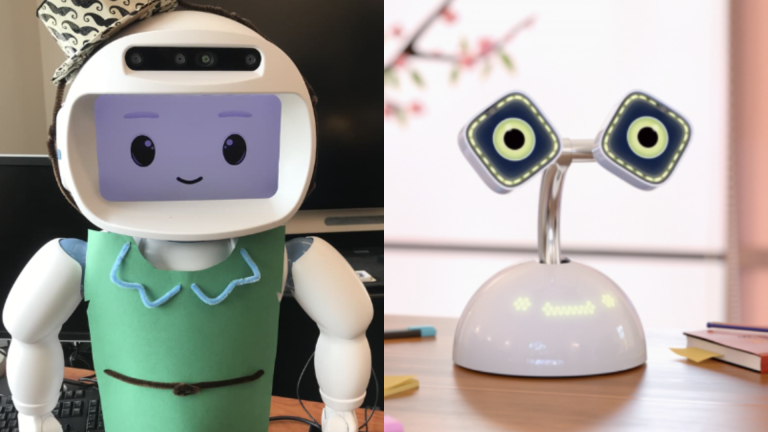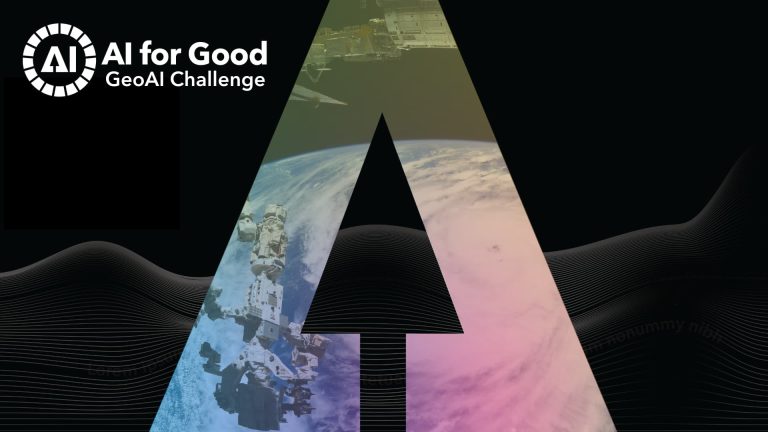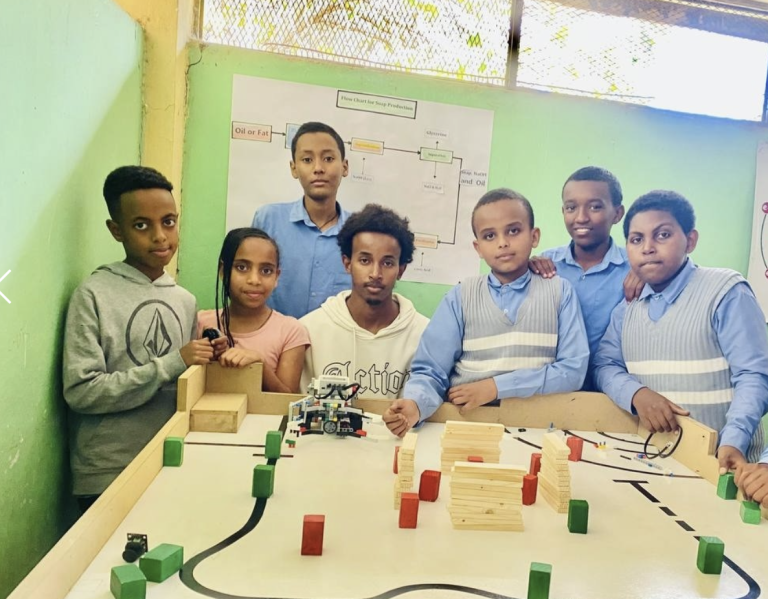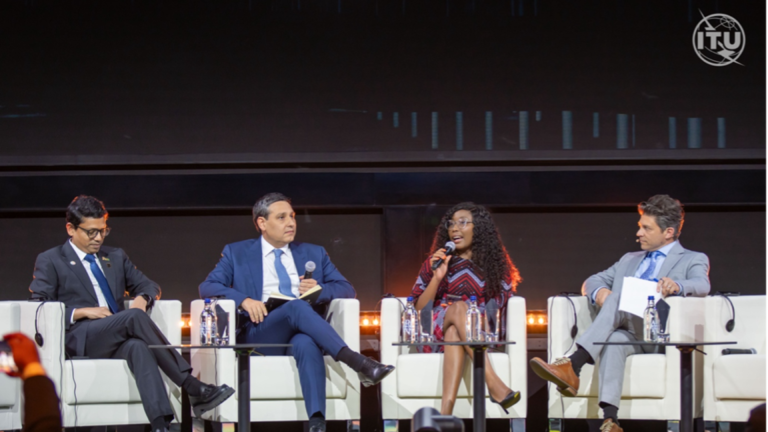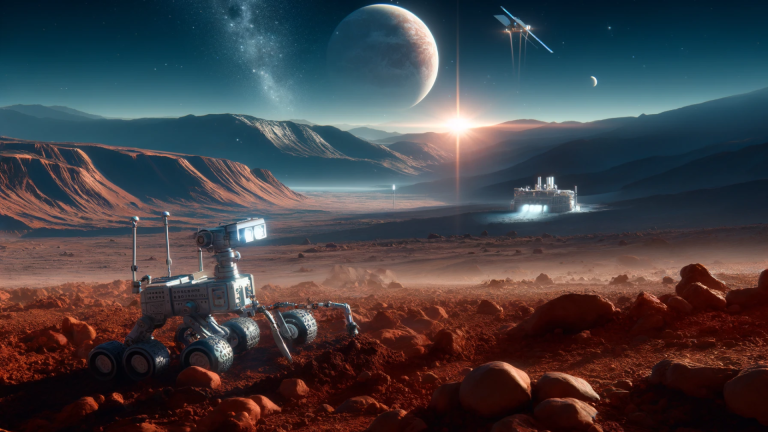Harnessing AI for Innovative Waste Management: Building a Sustainable Future
In recent years, the convergence of artificial intelligence (AI) and waste management has emerged as a captivating area of sustainability research. AI technologies are rapidly being harnessed to tackle some of the most urgent environmental concerns, particularly waste reduction. The integration of AI into waste management is revolutionizing the ways we process, handle, and recycle waste, enhancing these practices to become more sustainable, efficient, and cost-effective.
The deployment of AI in waste management includes various contemporary trends. This involves employing machine learning algorithms for waste sorting, aimed at categorizing recyclables to minimize contamination in recycling streams. Additionally, predictive analytics are utilized to streamline collection routes, resulting in more effective resource allocation and collection operations. Furthermore, AI-driven robotics are being introduced to automate and improve the efficiency of waste processing, especially in sorting tasks. Lastly, AI-enabled sensors, integrated with the Internet of Things (IoT), are used to optimize waste collection by monitoring the fill levels of waste bins and deciding when collections are necessary.
Upon exploring the applications of AI in waste management, several key benefits emerge. It can reduce costs by lowering the number of trucks required for waste collection. It also enhances the quality of recycled materials by minimizing contamination, thereby increasing potential revenue. Moreover, AI innovations can create more efficient, user-friendly, and cost-effective recycling systems, potentially raising recycling rates. This advancement contributes to a decrease in environmental pollution.
The potential of AI in waste management is vast. By improving sorting accuracy, AI can considerably diminish the amount of waste sent to landfills and boost the recovery rate of materials for recycling. This not only conserves natural resources but also lowers greenhouse gas emissions tied to the production of new materials. This embodies the concept of a circular economy, which thrives on the reuse, repair, and recycling of materials.
Introducing NANDO: a pioneering AI solution for waste management
The upcoming AI for Good Global Summit will partner with ReLearn as a Sustainability Partner to monitor and manage waste, reinforcing its commitment to being a leader in sustainable events. The gathering is entirely paperless, with agendas and information accessible through the AI for Good Neural Network app. Moreover, the event will promote the use of reusable water bottles and coffee mugs to minimize single-use items from being discarded. Discover more about how we are “Greening ITU” here.
NANDO represents the innovative artificial intelligence (AI) solution created by the Italian startup ReLearn, aimed at implementing sustainable waste management practices and assisting companies in optimizing their waste strategies. NANDO can monitor, analyze, and measure waste generation, providing essential insights into recycling and waste reduction. All waste data is consolidated into a comprehensive monitoring dashboard, which empowers customers to comprehend and lessen their environmental footprint through data-driven strategies.
Furthermore, NANDO engages communities by enhancing awareness on waste topics through a gamification approach, offering effective methodologies to reduce, reuse, recycle, and manage waste efficiently. The incorporation of AI into waste management marks a substantial advancement in our capability to confront environmental challenges. Beyond its immediate advantages, solutions like NANDO stimulate broader cultural shifts towards sustainability. They illustrate the practical applicability of AI in everyday life, making the concept of “sustainable living” a tangible objective.

